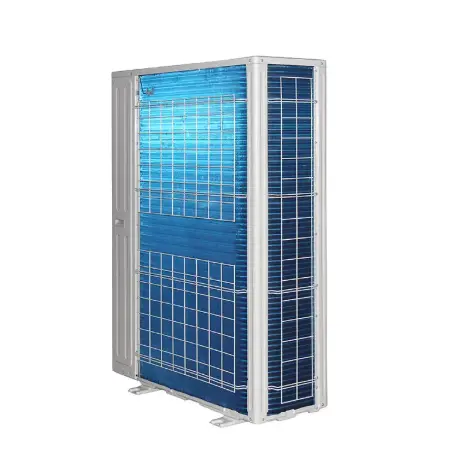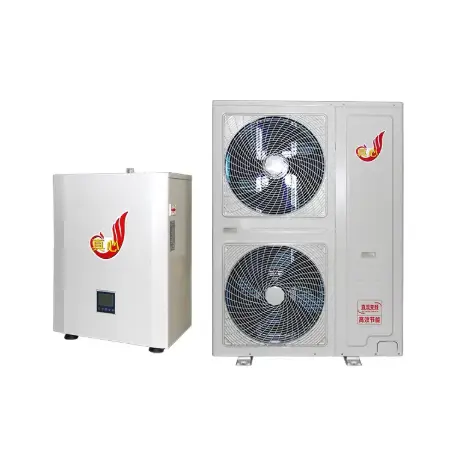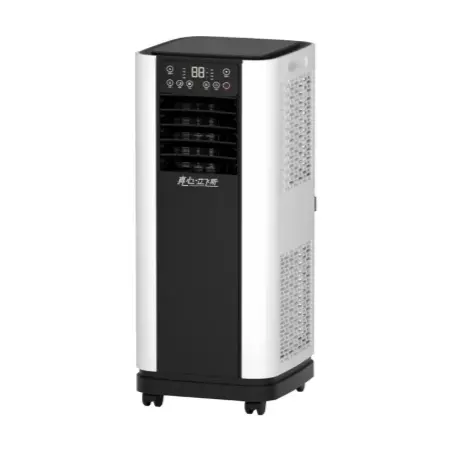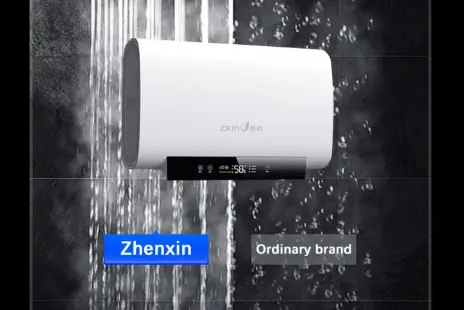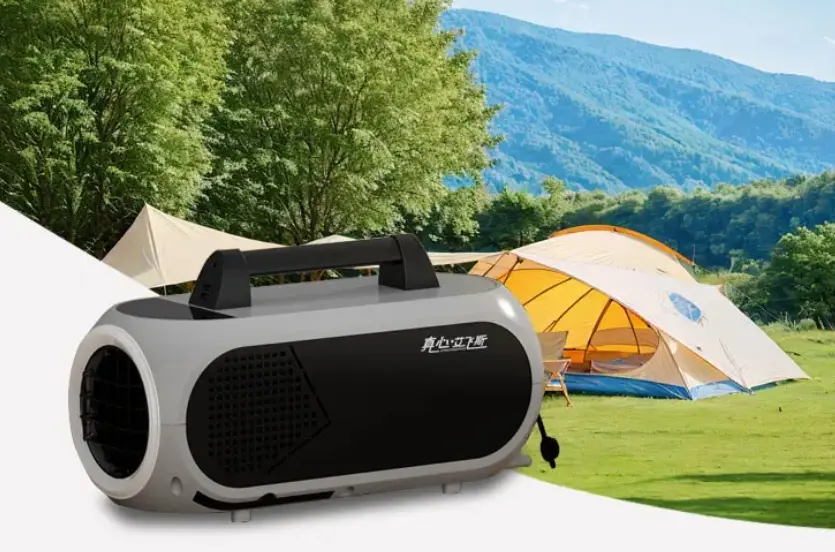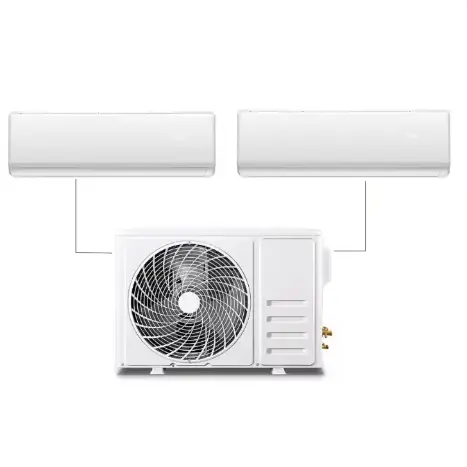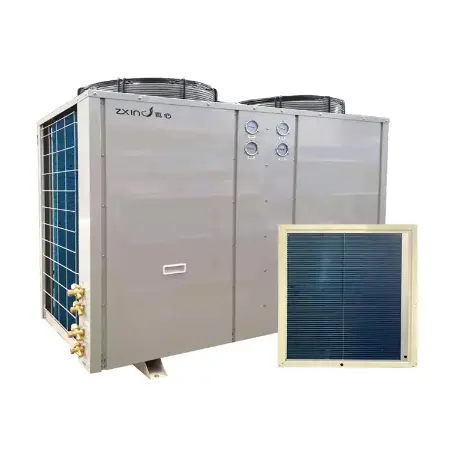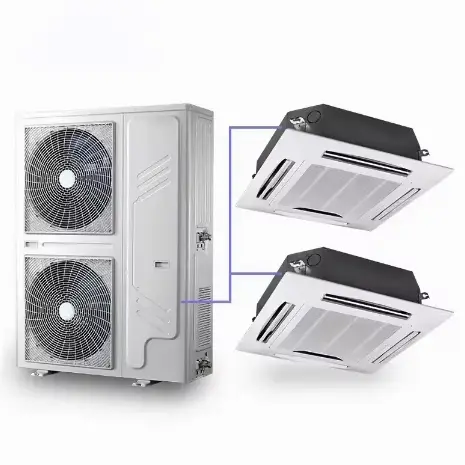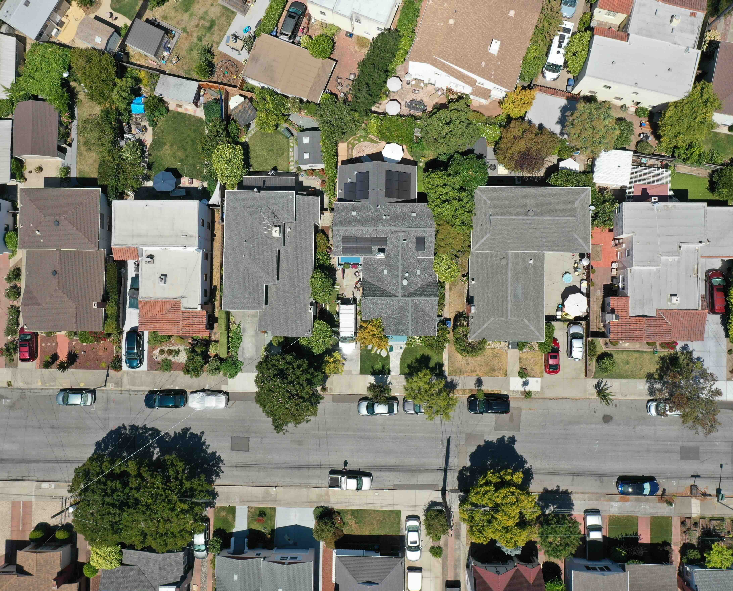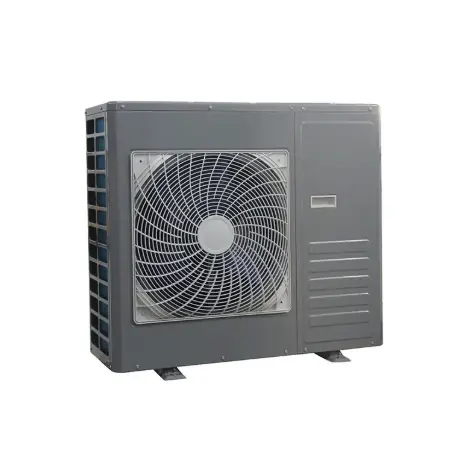How Much Electricity Does a Heat Pump Use?
As the world increasingly turns to sustainable energy solutions, Heat Pumps have become a popular choice for heating and cooling residential and commercial spaces. Heat pumps are well known for their energy-saving and environmental benefits, but a common question comes up: How much electricity does a heat pump use? Understanding the power consumption of a heat pump is critical for homeowners and businesses looking to optimize their energy use and costs.
What is a heat pump?
A heat pump is a versatile system that uses a small amount of electricity to move heat from one place to another, rather than generating it. In the winter, a heat pump extracts heat from the outdoor air, ground, or water and moves it indoors. Conversely, in the summer, a heat pump can reverse the process and release heat from the indoor environment to the outdoors. This dual functionality makes heat pumps ideal for year-round climate control.
Electricity consumption of heat pumps
The amount of electricity a heat pump consumes can vary widely depending on a number of factors, including the type of heat pump, the size of the unit, climate conditions, and energy efficiency rating. Typically, a heat pump is rated based on its coefficient of performance (COP) or energy efficiency ratio (EER). COP indicates how much heat is produced for every unit of electricity consumed. For example, a heat pump with a COP of 3 produces three units of heat for every unit of electricity consumed, making it very efficient.
On average, a typical air source heat pump consumes between 1,500 and 2,500 kilowatt-hours (kWh) of electricity per year, depending on the size of the home and climate conditions. In colder climates, heat pumps may require more electricity to maintain a comfortable indoor temperature, while in milder climates, heat pumps can operate more efficiently.
Factors affecting electricity consumption
Types of heat pumps: There are several types of heat pumps, including air-source heat pumps, ground-source heat pumps, and water-source heat pumps. Ground-source heat pumps are generally more efficient than air-source heat pumps, especially in extreme temperatures, but they also require a higher upfront investment.
Unit size: The size of The Heat Pump is critical. An undersized unit will have difficulty maintaining the ideal temperature, resulting in increased electricity consumption. Conversely, an oversized unit may start and shut down frequently, which can also lead to inefficiencies.
Climate: Local climate has a big impact on the electricity use of heat pumps. In areas with extreme temperatures, heat pumps may need to run more intensively, resulting in higher electricity use.
Insulation and Home Energy Efficiency: A well-insulated home retains heat better, which reduces the workload on heat pumps. Homeowners can reduce electricity usage by improving insulation, sealing vents, and using energy-efficient windows.
Usage patterns: How your heat pump is used can also affect electricity usage. For example, setting the thermostat to a comfortable temperature and using a programmable thermostat can help manage energy consumption effectively.
in conclusion
In summary, heat pumps are an energy-efficient alternative for heating and cooling, but their power consumption can vary based on a number of factors. Understanding the power consumption of heat pumps is essential for homeowners and businesses looking to make smart decisions about their energy consumption. By considering the type of heat pump, its size, the local climate, and overall home efficiency, users can optimize their system for maximum efficiency and cost savings. As technology continues to advance, heat pump efficiency is likely to increase further, making it a cornerstone of sustainable energy solutions in the future.


